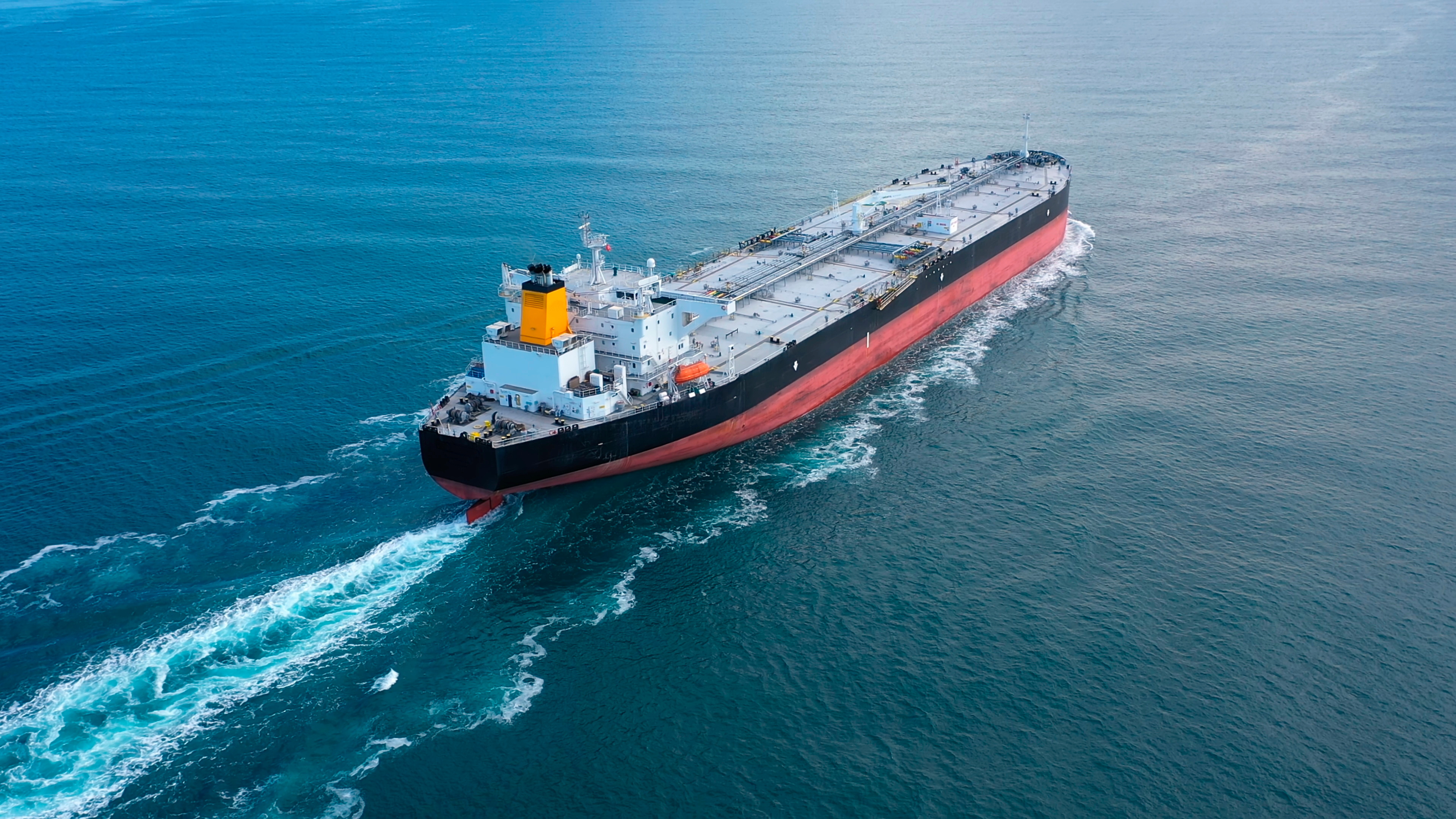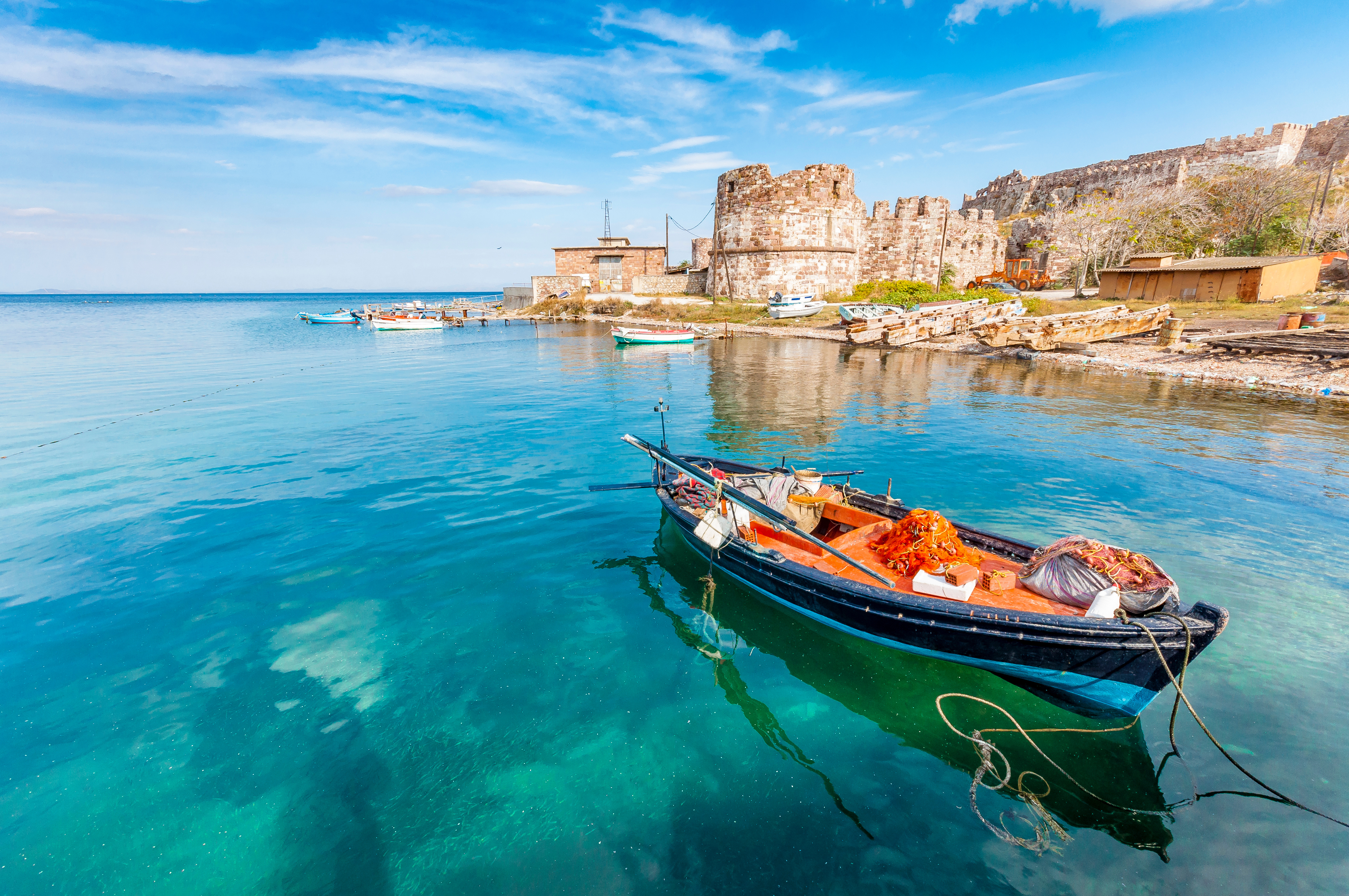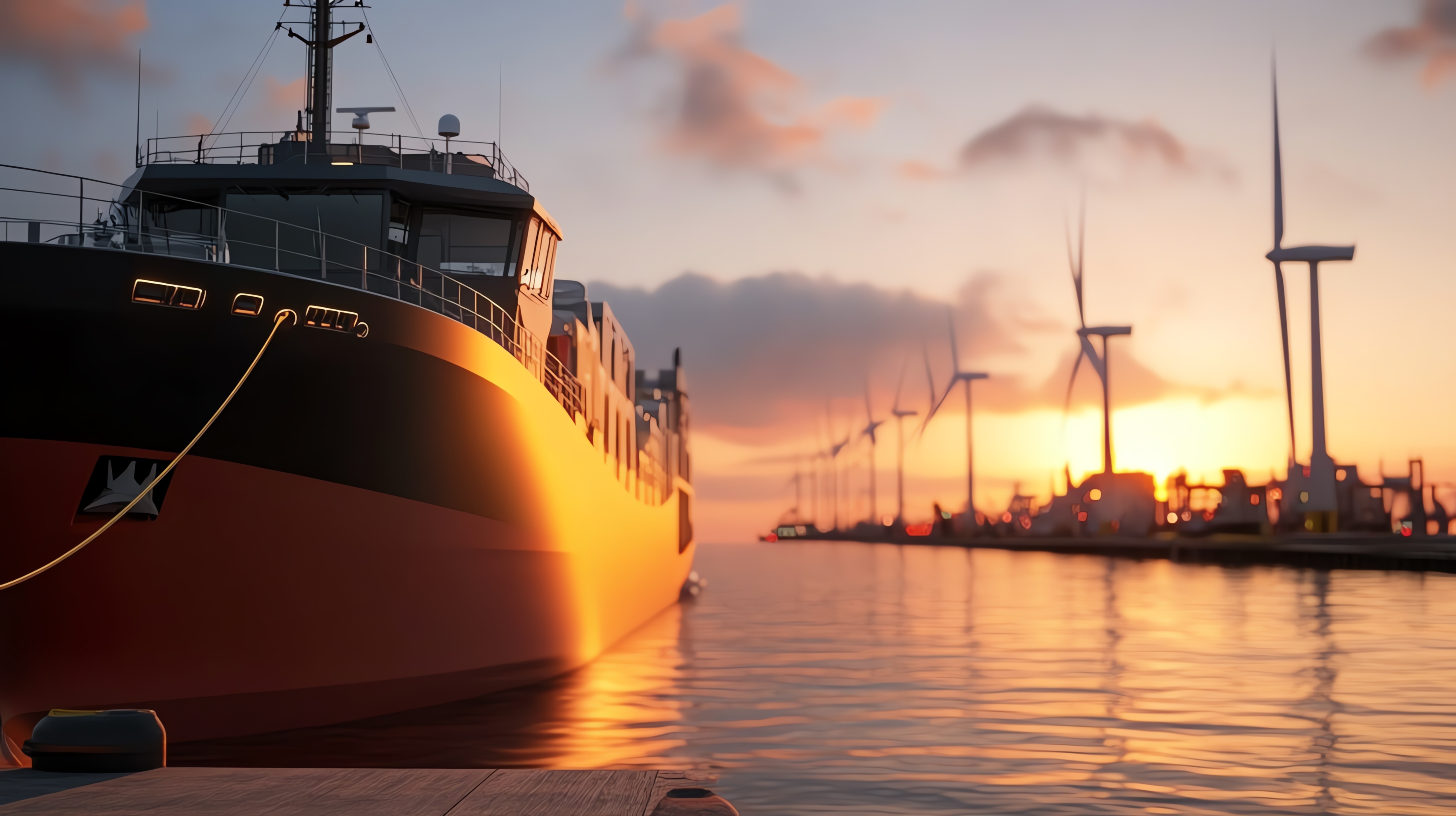High-profile casualties often cast a media spotlight on the response of national authorities. This scrutiny can encourage authorities to deal with incidents, such as shipwrecks, in an effective and environmentally conscious manner.
A recent case has illuminated the management of a wreck by the Greek authorities. The incident involves a cruise ship, the SEA DIAMOND, that sank off the coast of Santorini in 2007 (seventeen years ago, at the time of writing). The local Harbour Fund, imposed a daily charge, commencing from the date of the sinking, in the form of wreck dues on the ship-owner. After years of litigation, in July 2024 the Greek Council of State held the ship-owner liable to pay the wreck dues of several millions.
Greece has not ratified the 2007 Nairobi International Convention on the Removal of Wrecks, so domestic law applies. Greece had already enacted legislation in 2001 (Law 2881/2001) in response to about 260 dangerous wrecks, then lying in and around Greek ports. The law provides the framework for the removal of wrecks which pose a threat to navigation and/or the marine environment. The legislation defines a wreck and the criteria to determine if it is “hazardous” (Articles 1(1), 2(1) & 4(1)). Significantly, the relevant articles are triggered only if there is a clear danger to navigation or the environment. The law sets up the procedure for the compensation of costs incurred in responding to a shipwreck and imposes fines for the failure to remove a wreck.
Turning back to the SEA DIAMOND, the ship-owner argued, that inter alia, it was technically impossible to raise the ship from 150 metres and that, at that depth it did not represent a risk to navigation, neither to the berthing nor anchoring in the area. Accordingly, the imposition of such wreck dues would be unlawful, as these aim at compensating a port for the loss of capacity caused by the presence of a wreck in areas where ships could otherwise berth or anchor.
The Second Chamber of the Council of State rejected these arguments, ruling that wreck dues apply on the mere condition that "the wreck remains on the seabed and this regardless of whether it hinders the operation of the port or constitutes a danger to navigation.” The ratio decidendi of the Council is to encourage a behaviour in persons responsible for the clean-up of marine areas from shipwrecks.
The July 2024 decision, in line with older judgments involving wreck dues in the port of Piraeus which pre-dated Law 2881/2001, appears to depart from the intention of Law 2881/2001, and – more importantly – from the clear prerequisites for its application, namely, an element of danger to the environment or to navigation or of hindrance to operations. The case reflects an increasingly robust stance taken by the Greek Courts towards sanctioning the removal of wrecks unconditionally. A policy that appears to be adrift from the 2001 legislation, as well as from the Nairobi Convention, which sets similar conditions.
It is hoped that, if Greece ratifies the Nairobi Convention, future cases will be adjudicated in line with international precedents resulting in a return to consistency with other major maritime jurisdictions.





